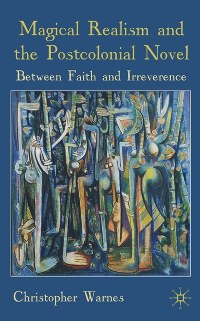Towards a Culturally Grounded Typology of Magical Realism
DOI:
https://doi.org/10.22029/ko.2011.623Abstract
Among the recent publications which seek to offer yet another re-definition of magical realism, Christopher Warnes' study Magical Realism and the Postcolonial Novel: Between Faith and Irreverence accomplishes a double feat: while bringing into dialogue the development of both the term 'magical realism' and the mode itself, Warnes develops two paradigms representing two major structural and functional tendencies in magical realism. One is based on an attitude of faith towards the cultural values represented by the supernatural in the texts, the other is characterized by an irreverent stance towards both the real and the supernatural. Applied to some of the key works of magical realism by Borges, Carpentier, Asturias, García Márquez, Rushdie, and Okri, the two paradigms produce acute readings of the cultural and political functions of the deployment of the mode in each individual work. The result is not a redefinition of magical realism, but a thought provoking re-contextualization which offers a typology capable of spanning the varieties of the mode.

Downloads
Published
Issue
Section
License
All articles (not book covers) in KULT_online from issue 50 on are published under the license Creative Commons Attribution 4.0. All published articles may be reused under the conditions of the license, particularly for commercial purposes and through editing the article (Human-Readable Summary). All authors (have) permitted the publication under the above mentioned license. There is no copyright transfer towards KULT_online. For all book covers specific rights might be reserved, please contact the respective publisher for any lawful reuse. All contributions published in issue 1-49 of KULT_online are free available online and protected by the German Copyright Law.



